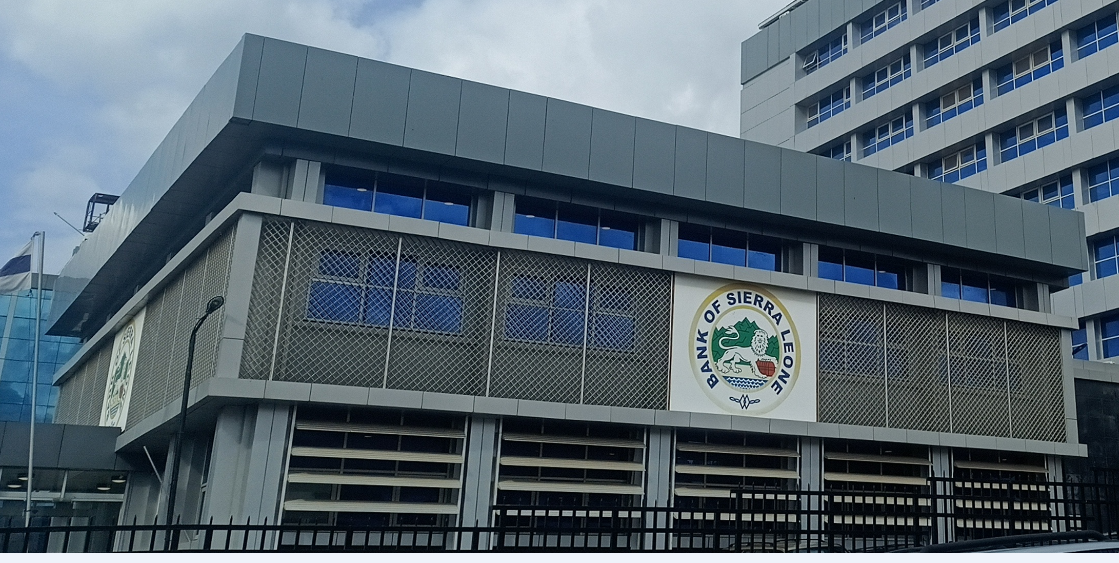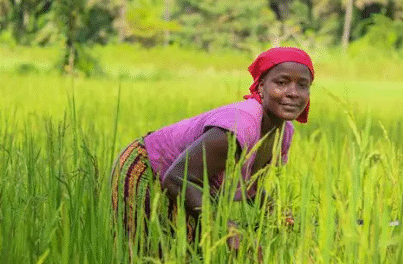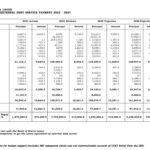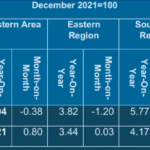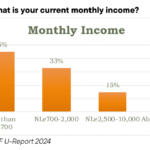Freetown, 18th August 2025 – Sierra Leone’s financial sector is heavily concentrated, with just five banks controlling 66% of the country’s financial assets and the largest bank being publicly owned, according to the World Bank’s June 2025 Country Economic Memorandum- ‘From Potential to Progress: Structural Transformation and Job Creation on the Road to Middle-Income Status’
The report reveals that the country’s financial system, while growing, remains dominated by a handful of institutions and characterized by limited diversification and shallow reach into rural and underserved markets. The total assets of the financial sector are equivalent to 43% of GDP, underscoring its modest scale relative to the broader economy.
The banking sector alone accounts for over 80% of the entire financial system’s assets and comprises 14 licensed commercial banks: 2 state-owned banks (including the largest by asset size) 2 private domestic banks and 10 foreign-owned banks, predominantly Nigerian.
While the number of banks appears substantial, control is concentrated. The top five banks command two-thirds (66%) of all financial assets, raising concerns over competition, access, and resilience in the event of shocks.
Beyond traditional banks, non-bank financial institutions (NBFIs) number more than 100, but collectively contribute just 4% of total financial assets-highlighting their limited scale and systemic impact.
These NBFIs include: 4 deposit-taking microfinance institutions, 45 credit-only microfinance institutions, 17 community/rural banks, 59 financial services associations (under Apex Bank supervision). While these entities are critical for financial inclusion in underserved communities, their reach and capital base remain weak.
The report also notes that Sierra Leone’s insurance and pension sectors are small and underdeveloped: Only 12 insurance companies are operating in the country. A single government-owned and managed pension fund dominates the pension space.
These figures highlight the lack of long-term savings and risk management products, which are essential for economic resilience and investment.
The report also documents promising signs of innovation and digital adoption among businesses: In 2023, 35% of firms were offering a new product or service, up from 26% in 2017. The share of firms with a website more than doubled from 7% in 2017 to 16% in 2023. Adoption of new business processes also doubled over the same period
These trends signal a shift toward modernization and digital transformation, which could improve competitiveness and customer reach. However, few firms have obtained international certifications, a key barrier to penetrating higher-value export markets like cocoa.
The World Bank warns that the high concentration in the financial sector, coupled with the underperformance of non-bank institutions, limits the sector’s ability to drive inclusive growth, support innovation and finance the real economy.
To address these gaps, the report recommends: Encouraging competition in the banking sector to improve service delivery and pricing. Strengthening regulation and supervision of non-bank financial institutions. Expanding digital financial services, especially in rural and underserved areas and Building capacity and incentives for firms to pursue international certification and export readiness.
“Financial sector deepening and diversification are essential for private sector development, job creation, and long-term resilience,” the report notes.
As Sierra Leone aims for middle-income status, strengthening its financial infrastructure will be key to unlocking broader economic transformation.
